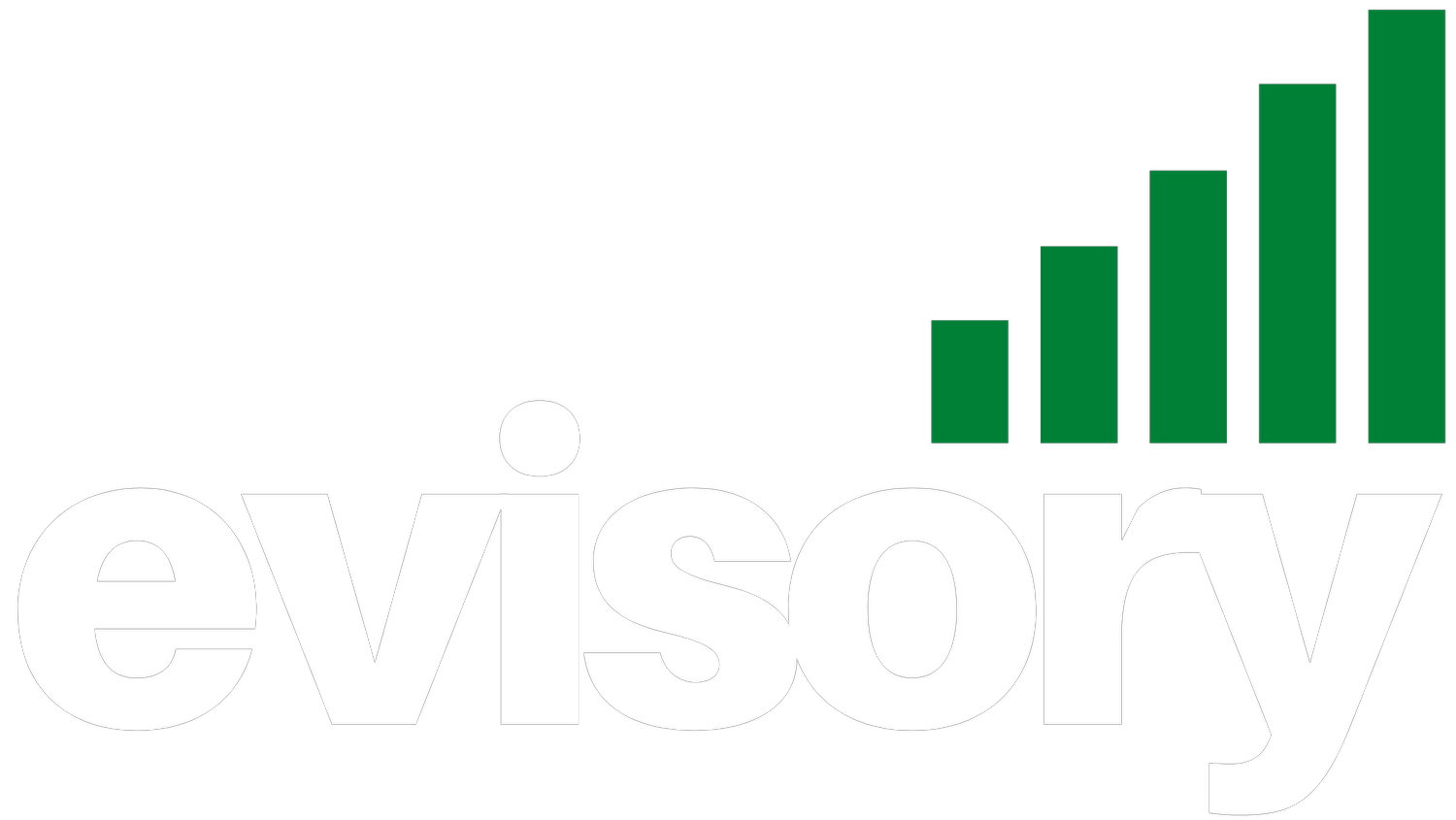End-of-Year Financial Strategies for Australian Small Businesses
End of year financial strategy meeting
As the end of the year approaches, it’s time for Australian small businesses to review their financial health, optimise their operations, and set themselves up for a strong start to the new year. With careful planning and strategic thinking, your business can make the most of the closing months and prepare for the next financial year with confidence.
At Evisory, we understand the unique challenges small businesses face, particularly in the hospitality industry. Here are some essential end-of-year strategies to help you finish the year on a high note.
1. Review Financial Performance
The end of the year is the perfect time to take a step back and review your financial performance. Assess key metrics such as revenue, expenses, and profit margins to understand where your business stands financially. Identifying areas of strength and weakness allows you to make informed decisions about the coming year.
For hospitality businesses, it’s also essential to analyse your busiest and quietest periods, so you can adjust inventory and staffing levels accordingly. By identifying trends and seasonal patterns, you can optimise operations to better manage cash flow throughout the year.
2. Manage Cash Flow
Maintaining healthy cash flow is essential for any business, particularly in the hospitality industry, where seasonal fluctuations can impact revenue. Take time to review your cash flow projections for the next few months. Are there any upcoming expenses or payments that could put a strain on your finances?
Consider reaching out to suppliers to negotiate payment terms or discounts on bulk purchases. Planning ahead can help you avoid unexpected shortfalls and ensure you have the funds to cover all necessary expenses.
3. Conduct a Tax Health Check
An end-of-year tax review can help you identify opportunities for deductions and ensure compliance with ATO regulations. Consider speaking with a tax professional or accountant to check for any deductions or offsets you may be eligible for, especially those specific to the hospitality industry, like asset write-offs and meal entertainment deductions.
Now is also a good time to ensure all your BAS (Business Activity Statement) lodgements are up to date, as well as any superannuation contributions. This ensures that you’re prepared for the upcoming tax year and won’t face any surprises when tax season rolls around.
4. Review Inventory and Stock Levels
For hospitality businesses, inventory management can be a significant cost. As the year ends, review your stock levels and assess any overstocked or slow-moving items. Clearing out excess inventory not only frees up cash but also reduces storage costs and waste.
If you’re holding onto seasonal items or ingredients, consider creating promotions to move excess stock. Not only does this help boost revenue, but it also ensures that your inventory is fresh and ready for the new year.
5. Plan for Staff Holidays and Roster
With the holiday season approaching, many employees will be taking leave, which can affect staffing levels and customer service. Start planning your roster early, ensuring you have enough team members to cover shifts during peak periods without overstaffing.
In the hospitality industry, it’s also a good idea to review your staff costs and explore any opportunities for training and development. A skilled team can significantly impact the success of your business, especially during busy periods.
6. Set Goals for the New Year
The end of the year is an ideal time to set goals and create a roadmap for the next 12 months. Whether you’re aiming to increase revenue, improve customer satisfaction, or streamline operations, setting clear and achievable goals provides your business with direction.
Consider using the SMART (Specific, Measurable, Achievable, Relevant, Time-bound) framework to structure your goals. This ensures that your objectives are realistic and aligned with the overall vision for your business.
7. Take Care of Your Wellbeing
As a small business owner, it’s easy to become overwhelmed with the day-to-day demands, especially at the end of the year. Taking care of your wellbeing is essential for both you and your business’s long-term success. Schedule time to rest, reflect, and recharge, so you’re ready to tackle the new year with energy and clarity.
Make the Most of the End of the Year with Evisory
At Evisory, we’re here to support Australian small businesses with their bookkeeping, accounting, and financial management needs. By implementing these end-of-year strategies, you can optimise your business operations, enhance financial stability, and set the stage for a successful new year.
If you’re looking for assistance with end-of-year planning or financial management, contact Evisory today. Let’s work together to make sure your business is in the best possible position for growth and success in the coming year.

